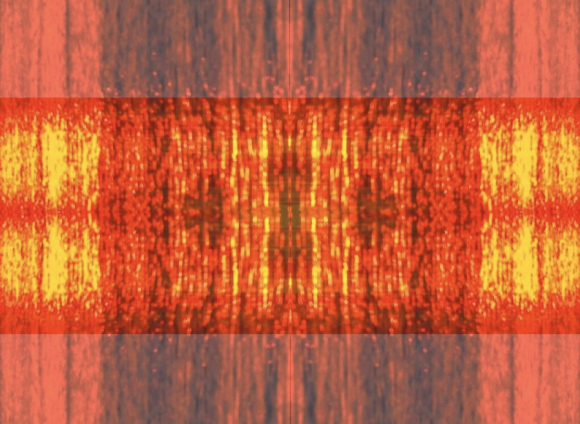
We have seen how saying that a dream figure is “the same” as one we encountered before is different, both from re-identifying embodied persons in real life and from re-identifying characters in a narrative text. A problem is beginning to emerge here. Persons in the real world have an objective existence: they (or more precisely, their bodies) have a determinate spatial location and persist...








